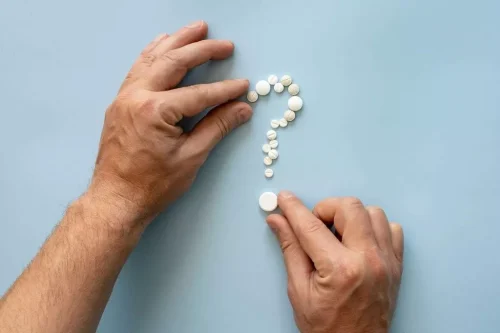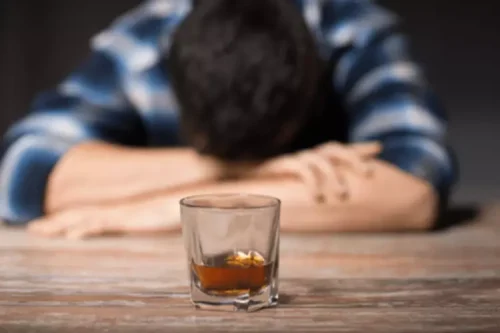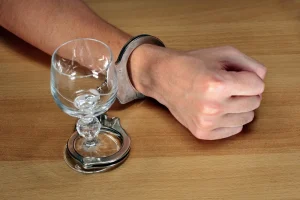Why Do I Always Crave Sweets When I Give Up Alcohol? MDs Explain

Ensuring you’re well hydrated before meals can also curb overeating and consequently, help manage sugar cravings. Drinking herbal teas or having dark chocolate with a high cocoa content can also be beneficial in fighting sugar cravings. These food choices not only satisfy your cravings but also nourish your body with vital nutrients necessary for a healthy recovery post-alcohol.
Potential Health Risks of Excessive Sugar Consumption
- Protect your sleep by getting to bed at a reasonable hour, use a diffuser with lavender, white noise, magnesium supplements, eye mask, whatever you need to do to get 7-8 hours of shut eye.
- Well, for one, alcohol has a very high sugar content, says Dr Weiss, so on some level, your abstinence might result in sugar withdrawal, which can in turn result in literal sugar cravings.
Drinking alcohol also causes your pancreas to produce more insulin. Drinking a lot over time also reduces the overall effectiveness of insulin in the body. Besides increasing cravings, alcohol consumption affects blood sugar levels in multiple ways. Dr. Weiss encourages people to engage in as many healthy, mood-boosting activities as they can to avoid reaching for candy (or back to alcohol) for a quick dopamine fix. Distraction can be a useful tool to help a person manage alcohol cravings in the moment. Finding alternative activities to refocus the brain can allow the craving to pass.
How to Keep Sugars Out of Your Recovery Diet
It’s a sophisticated survival strategy – you scratch the alcohol component, and the brain, not ready to forgo its sugar fix yet, shifts to craving sweets. The type of craving will determine how we should respond to it. We would be best served by consulting a medical or treatment professional and asking for help so we don’t have to rely on self-control alone. For those of us who have grown comfortable why do alcoholics crave sugar in our recoveries, the unexpected arrival of alcohol cravings can be really disorienting. Our recoveries are strong, we have trusted communities and support networks around us and we’ve transitioned into an easier stage in recovery where we don’t grip so tightly onto sobriety. And all of a sudden, no matter how long we’ve been in recovery, we think we might go about drinking safely.
- Over three-quarters of people in recovery experience sugar cravings after quitting drinking.
- Consulting with a registered dietitian or nutritionist who specializes in addiction recovery can provide personalized recommendations and guidance on managing sugar cravings.
- Alcohol is quickly converted into glucose in the body, causing a rapid increase in blood sugar levels.
- Avoid completely depriving yourself, and don’t beat yourself up if you “give in” to a craving.
- She works to create content that inspires clients and families to advocate for the support they deserve.
Healthy Alternatives to Satisfy Your Sugar Cravings
Being sleep-deprived can promote sugar cravings, impacting the brain’s dopamine-activated reward pathways. So when you’re dragging from lack of sleep, your brain may be more likely to tell you to find quick ways to feel better, like a sugar rush. Have you ever gone through a bad breakup or lost your job and felt the urge to eat ice cream right out of the carton? A common response to feeling stressed, overwhelmed, or otherwise emotional is to find comfort in food. Whether you’re struggling to stop drinking or have relapsed, we’re here to help. We use a curriculum of evidence-based therapies to help you heal from your alcoholism.
Your care team might recommend this approach if you experience symptoms of anxiety and depression along with cravings. Just as different things can trigger alcohol cravings from person to person, different strategies can help you manage them. While there’s something to be said about retraining your palate, resisting all of your sugar cravings all at once may promote more of them—at least in the short term. Evidence suggests that, in the long run, learning to resist your sugar cravings can help recondition your sugary habits. As a result, many people feel pressured to undereat or only eat certain types of foods.

Understanding Sugar Cravings in Recovering Alcoholics
Sugar also triggers dopamine receptors in the brain, and over time a person can become desensitized to it, while experiencing strong cravings. In other words, sugar addiction is a real thing, and follows a similar formula in the brain to alcohol addiction. From brain chemistry to low blood sugar, we’ll explore the reasons you might get sugar cravings when you quit drinking, and what keeping a healthy balance looks like. Replacing alcohol with sugar is common—in fact, one study suggests up to 40 percent of people who stop drinking increase their sugar intake in the days after quitting.
The Science Behind Sugar Cravings Post-Alcohol

They can help create a meal plan that suits individual needs and preferences, ensuring a balanced intake of nutrients while addressing sugar cravings. Seeking support from healthcare professionals, counselors, or support groups can provide valuable guidance and assistance in managing sugar cravings. These resources can help individuals navigate the challenges of recovery and develop strategies to overcome cravings. Additionally, addressing any emotional or psychological factors that contribute to sugar cravings through therapy or counseling can be beneficial. Alcohol disrupts your body’s ability to manage blood sugar, which can cause reduced blood sugar levels, leading to sugar cravings.




